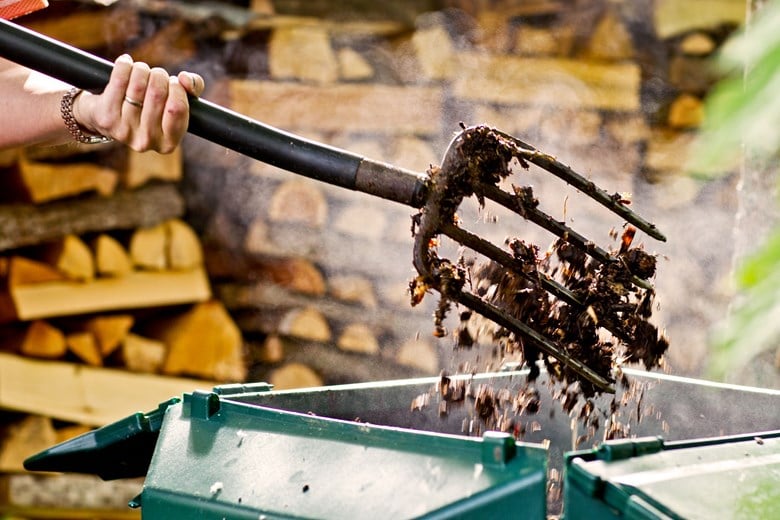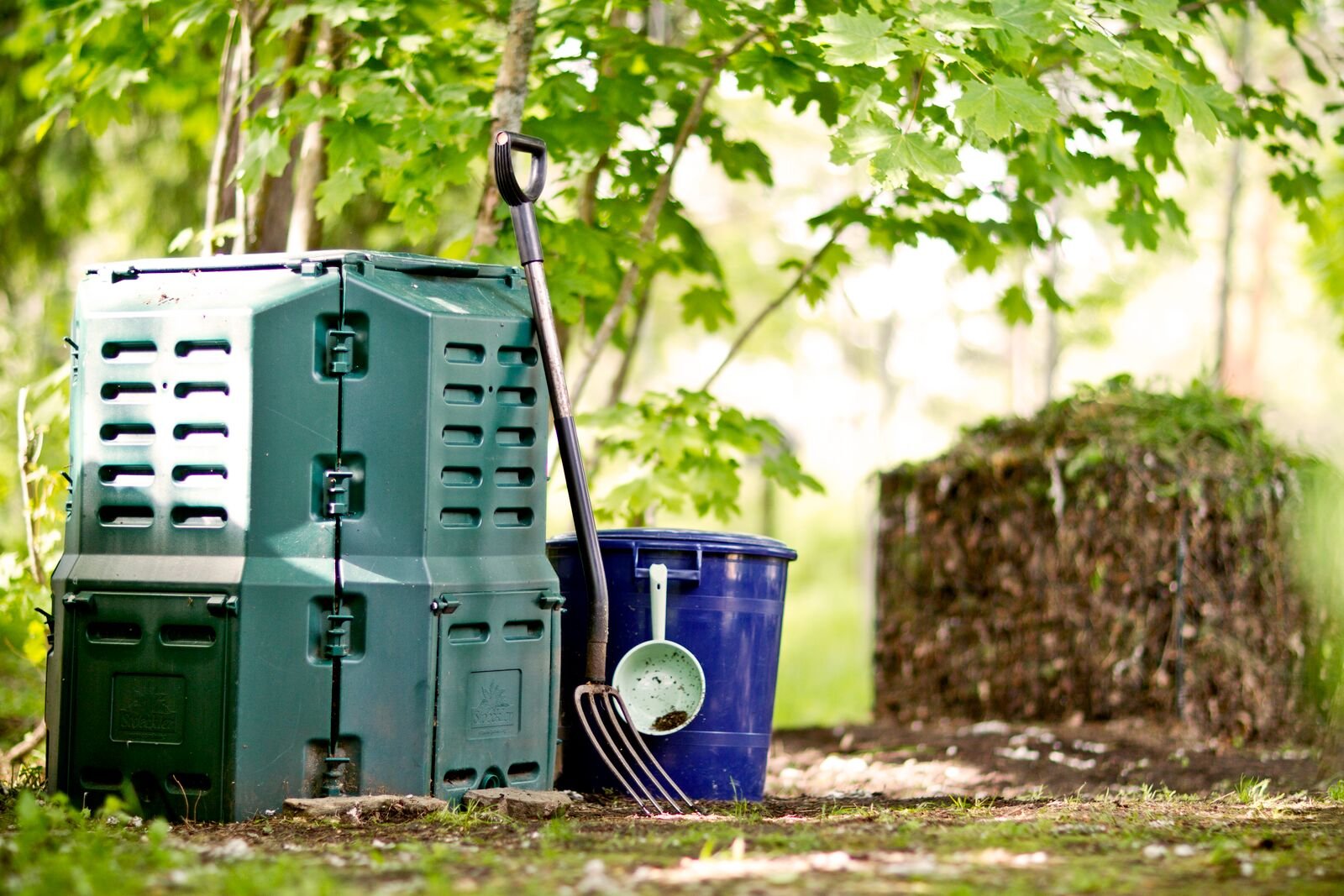Composting on properties

Composting is a natural part of the waste management of detached houses in the Helsinki metropolitan area. You can compost garden, food and toilet waste. You have to notify HSY of composting of food waste and/or toilet waste.
Composting notification
When you start composting biowaste or toilet waste, you need to submit a composting notification. This applies to all properties covered by the waste management organised by HSY, including leisure properties, allotment gardens, and marinas.
- A notification is not necessary when composting garden waste only.
- The notification obligation is property-specific, and the composting carried out by a single apartment does not need to be reported if the separate collection of biowaste has been arranged otherwise on the property.
For the composting notification, you need your waste management service number, which you can find on your waste management invoice.
If you are already composting and have submitted a composting notification before June 2022, please submit a new composting notification (we have updated the notification form to comply with the requirements of the law).
We will inform properties that are already composting biowaste and other properties of 1 to 4 apartments separately about submitting the composting notification by sending them a customer letter in connection with the expansion of biowaste collection.
Submit a composting notification,
Useful information about composting
The compost must be placed and maintained so that there is no harm to health or the environment.
- For composting kitchen biowaste, you need a compost container that is protected against pests. The composter must be large enough to allow the biowaste to compost before the composter is full.
- Bokashi is an approved method of treating biowaste, but fermentation is considered pre-treatment and the fermented mass must be post-composted in a composter or container protected from pests.
- Non-decomposed unfinished compost/bokash must not be buried or mixed in the ground or composted openly.
- Garden waste can be composted in a clean, well-maintained open compost heap, such as inside a frame.
- Do not put, for example, apples or anything else which attracts pests in the compost of garden waste.
- For composting toilet waste, you need a composting toilet designed for this purpose that is properly enclosed and well-ventilated, or a toilet device that prevents runoff water from entering the soil.
- Please take neighbours into consideration when choosing the location of your composter. Try to place the compost at least five metres away from the border of the neighbouring lot.
Composting guide
The composting guide is an information package on how to start and maintain composting on a residential property. The composting guide is available in Finnish and Swedish only.
Composting guide (in Finnish),
Come to a free composting course (in Finnish)
We organise open composting courses in the spring and autumn in cooperation with the Helsinki Metropolitan Area Reuse Centre and the cities in the area. Come and learn the basics of composting at a relaxed and hands-on event lasting about two hours (in Finnish).
Composting at holiday homes
Composting is also worthwhile at a holiday home! If you compost the biowaste generated at your holiday home, you must submit a composting notification.
If you compost the biowaste, you can extend the emptying interval of the mixed waste container to up to sixteen weeks if desired.
If necessary, you can also order additional collections from us if the utilisation rate of your holiday home varies during the year.
If you compost biowaste at your holiday home and recycle other waste so that only a small amount of mixed waste is generated, you can apply for a longer emptying interval of more than sixteen weeks, using an exemption application.
Please note that you can enter into a seasonal contract for waste transport for a holiday property that is in summer use. This contract is only valid for the summer season, i.e. weeks 18–40. The seasonal contract does not need to be suspended separately, and there is no need to apply for an exemption from the waste management regulations at the end of the season.
